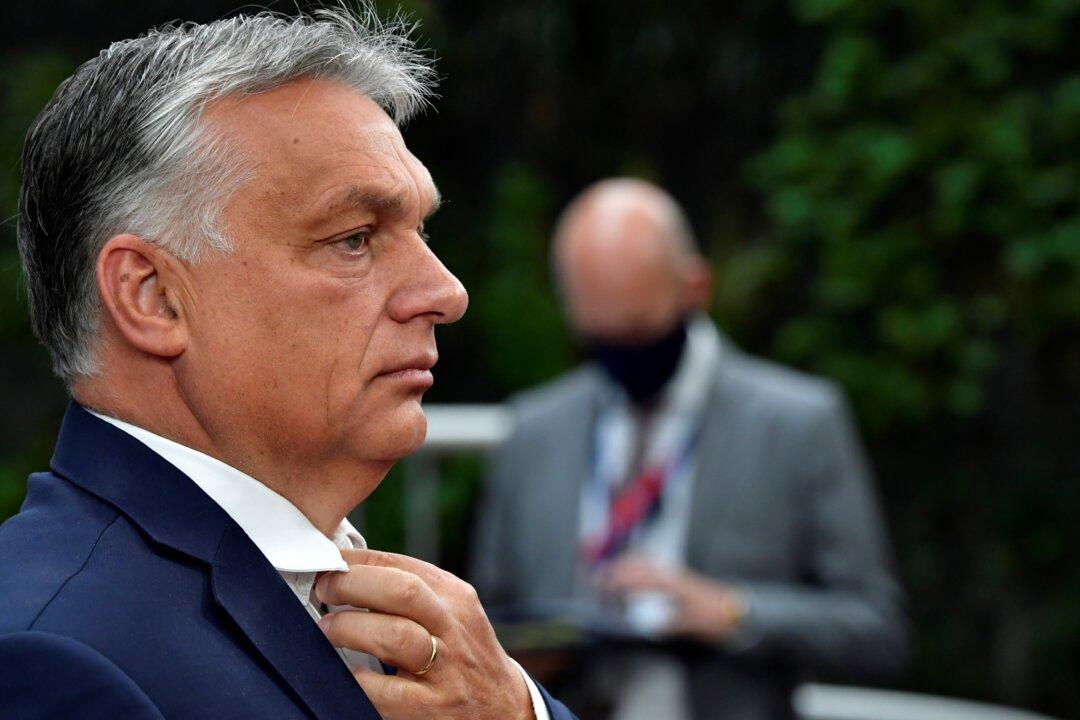Hungary, Poland, the Czech Republic, and Slovakia criticized on Thursday proposals for an overhaul of the European Union’s broken migration and asylum rules that are due to be discussed by EU leaders at a summit next week.
After a meeting in Brussels with European Commission President Ursula von der Leyen, Hungarian Prime Minister Viktor Orban, and Polish Prime Minister Mateusz Morawiecki, Czech Prime Minister Andrej Babis said the plan was unacceptable to the Visegrad Four (V4) group, which also includes Slovakia.





